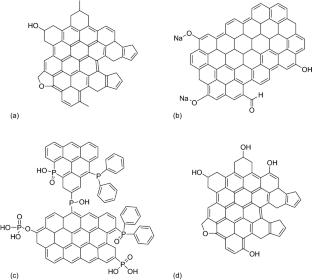Density functional theory for selecting modifiers for enhanced adsorption of tetracycline in water by biochar
Abstract
Antibiotics and their metabolic byproducts are found in wastewater and natural water as a result of increased consumption, posing a major threat to humans and other living organisms. One of the most promising methods for their removal is adsorption using biochar because it offers excellent adsorption potential and is both affordable and environmentally beneficial. However, raw biochar frequently has a low adsorption capacity due to its limited pore structure and unfavorable surface characteristics. Biochar surface modifications using modifiers such as H3PO4, KOH, and NaOH have improved the surface area and thereby the adsorption capacity. Experimental methods for assessing the effectiveness and adsorption mechanism of modified biochar are costly and time-consuming. Density functional theory (DFT) was used to investigate the interfacial interactions and adsorption mechanism of tetracycline (TC), a widely used antibiotic for personal care and veterinary medication, on unmodified and modified biochar. The DFT calculations showed that the adsorption energy of TC on unmodified and modified biochar is in the following order: KOH-modified biochar (− 2.38 eV)<NaOH-modified biochar (− 2.20 eV)<unmodified biochar (− 1.56 eV)<H3PO4-modified biochar (5.48 eV). The lower adsorption energy is associated with a stronger and more stable interaction between the adsorbent and the contaminant. This suggests that the adsorption of TC on KOH-modified biochar is more prolific and stable compared to the other biochar. This study provides an understanding of the mechanism underlying the adsorption of TC by modified biochar and can be used as a guide to screen for biochar with promising adsorption potential prior to experimental efforts.
Graphical abstract


 求助内容:
求助内容: 应助结果提醒方式:
应助结果提醒方式:


